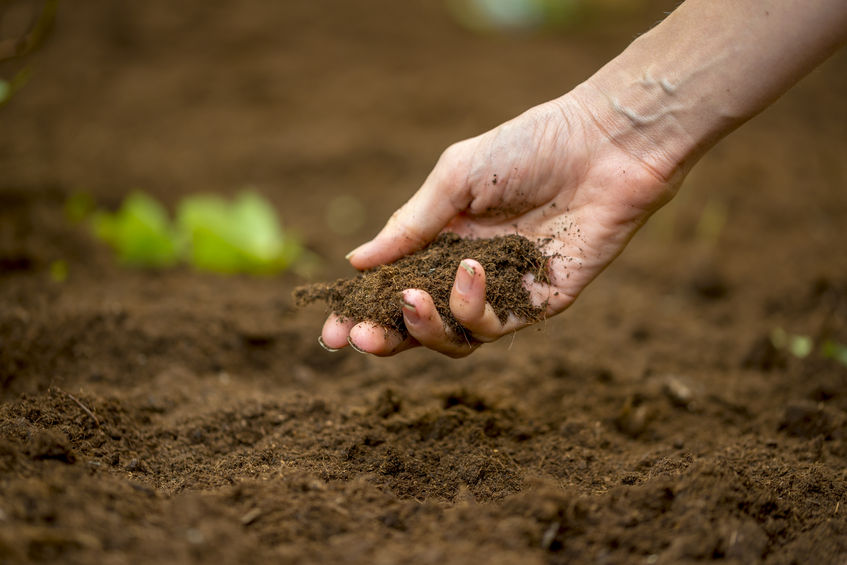
A new study released has set out framework for valuing soil’s contribution to food and wider ecosystem services across Europe.
Soil scientists at the Centre for Ecology & Hydrology (CEH) have set out a Europe-wide framework for developing a natural capital accounting structure for soil which considers the impact of land use change, climate change and pollution.
Scientists suggest monitoring soil cycles, that impact on the economies, societies and ecosystems of European countries, is vital to help protect soil quality and condition in future.
Soil is crucial to the production of food for millions across Europe.
However, the scientists highlight that integrating information on soil resources with other measures of natural capital and economic activity remains one of the least developed areas of the United Nations System of Environmental and Economic Accounts (SEEA).
Road map for soil
The study is the first attempt at a framework which provides a road map for country specific accounting of soil resources.
Dr Robinson, a soil scientist at CEH and lead author of the study published in Scientific Reports, said: “Our research highlights the need to integrate environmental data with economic measures such as national income, gross domestic product and national wealth, so that resource degradation is not invisible.
“From the policy perspective we need to know the state of soils and how much changes are due to degradation so we can help inform policy makers to intervene and reduce it.
“Monitoring soil cycles that impact the economy, society, and earth system function is crucial to this ambition.
“These include the carbon cycle, nutrient cycles, soil production and erosion cycle, and the water and energy balance.”
Earth observation
The scientists used earth observation, modelling and ground based sample data from the EU’s Land Use/Cover Area frame statistical survey (LUCAS) soil monitoring programme covering the period between 2000 and 2012.
They found that barren land and wood crop areas are most vulnerable to soil loss, while tree covered soils, associated with the highest carbon stocks, are on the increase, with areas of arable crops declining.
Dr Robinson added: “There is a current gap in providing a monitoring and assessment information system for soil that can inform policy, regarding progress on achieving economic, social and environmental goals.
“We believe this framework sets out the opportunity to address this deficiency in a way that will ultimately lead to better management of soil for food, other material resources and wider ecosystem services.”
'Enormous value'
Georgia Farnworth, Soil Association policy officer, said the research demonstrates the 'enormous value' of soil.
She said: “For too long, the need to protect and restore agricultural soils has been a low priority for Government.
“The study shows that soil health underpins our economy, society and environment in so many ways, yet we don’t even have a full picture of the state of the UK’s soils – let alone the policies required to safeguard our soils into the future.
“Understanding the current state of our soils is absolutely vital to ensuring we take the necessary steps to protect them for future generations.”
“As the Government sets out to produce a new agricultural policy for the first time in decades, soil must be a top priority.
Miss Farnworth concluded: “We need to see concrete plans to monitor, protect, and restore soil health at the heart of the forthcoming Agriculture Bill – including a focus on farming methods and systems proven to help, such as organic farming, agroforestry and other agroecological practices.”
